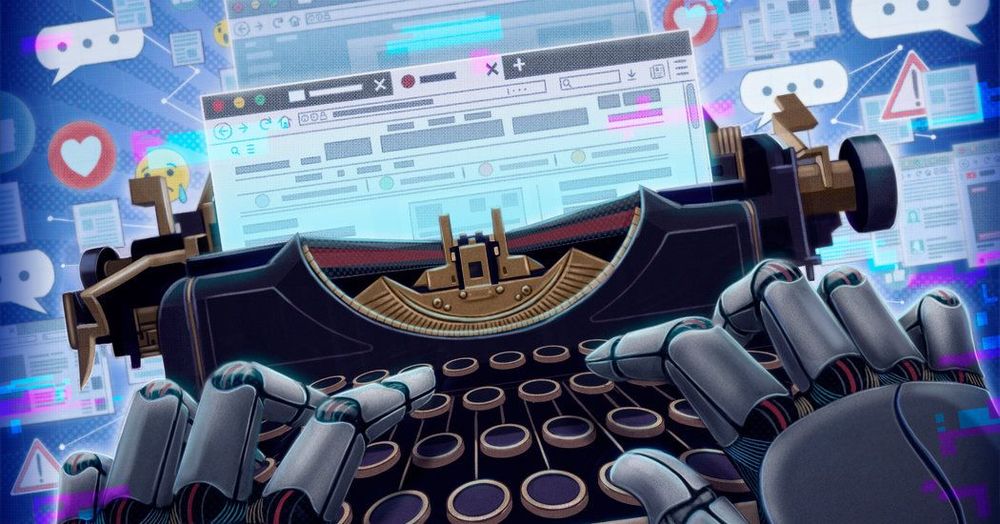Very excited to have interviewed Dr. Michael Lustgarten in my role as longevity / aging ambassador for the ideaXme Show — Mike has been at the forefront of studying the 100 trillion organisms present in the human microbiome, their effect on human health and wellness, as well as a major proponent of metabolomics and biologic age tracking — A true future thinker in the area of extending human lifespan and healthspan
Get the latest international news and world events from around the world.

We are happy to announce Dr. Ruth Itzhaki as a speaker for the 2019 Undoing Aging Conference
“Ruth is a shining example of one of the qualities I most admire in a scientist: dogged perseverance in pursuit of one’s thesis, in spite of near-universal rejection of it by the mainstream community, until one finally wins them round.
It’s only an admirable quality if you’re likely to be right, of course, so you’d better be a really good scientist in other ways too — and she sure is. Ruth spoke at a couple of my Cambridge conferences and I was always dismayed that such solid data and logic concerning the involvement of herpes simplex virus in Alzheimer’s disease was so widely ignored or dismissed for what seemed to be totally flimsy reasons. That’s not happening any more!”, says Aubrey de Grey.
https://www.undoing-aging.org/news/dr-ruth-itzhaki-to-speak-…aging-2019


So long, MarCO, and thanks for the radio transmissions
NASA’s Jet Propulsion Laboratory says it does not expect to receive any more transmissions from the MarCO CubeSats that accompanied the Insight lander to Mars last year. The two tiny spacecraft, which relayed Insight’s descent signal back to Earth in real time, have not been heard from in more than a month.

Omnidirectional Robots Used for Lab Automation
Robots are already capable of doing many things for us. As this video shows, mobile robots can be used to automate tasks in the lab. They use tags and picture recognition to handle items. The robots are also capable of accessing lab devices.
More like this ➡️ here.

State of the Union 2019
Buzz got a standing O! 👏🤠 #SOTU2019
WATCH: Trump gives the 2019 State of the Union address.

